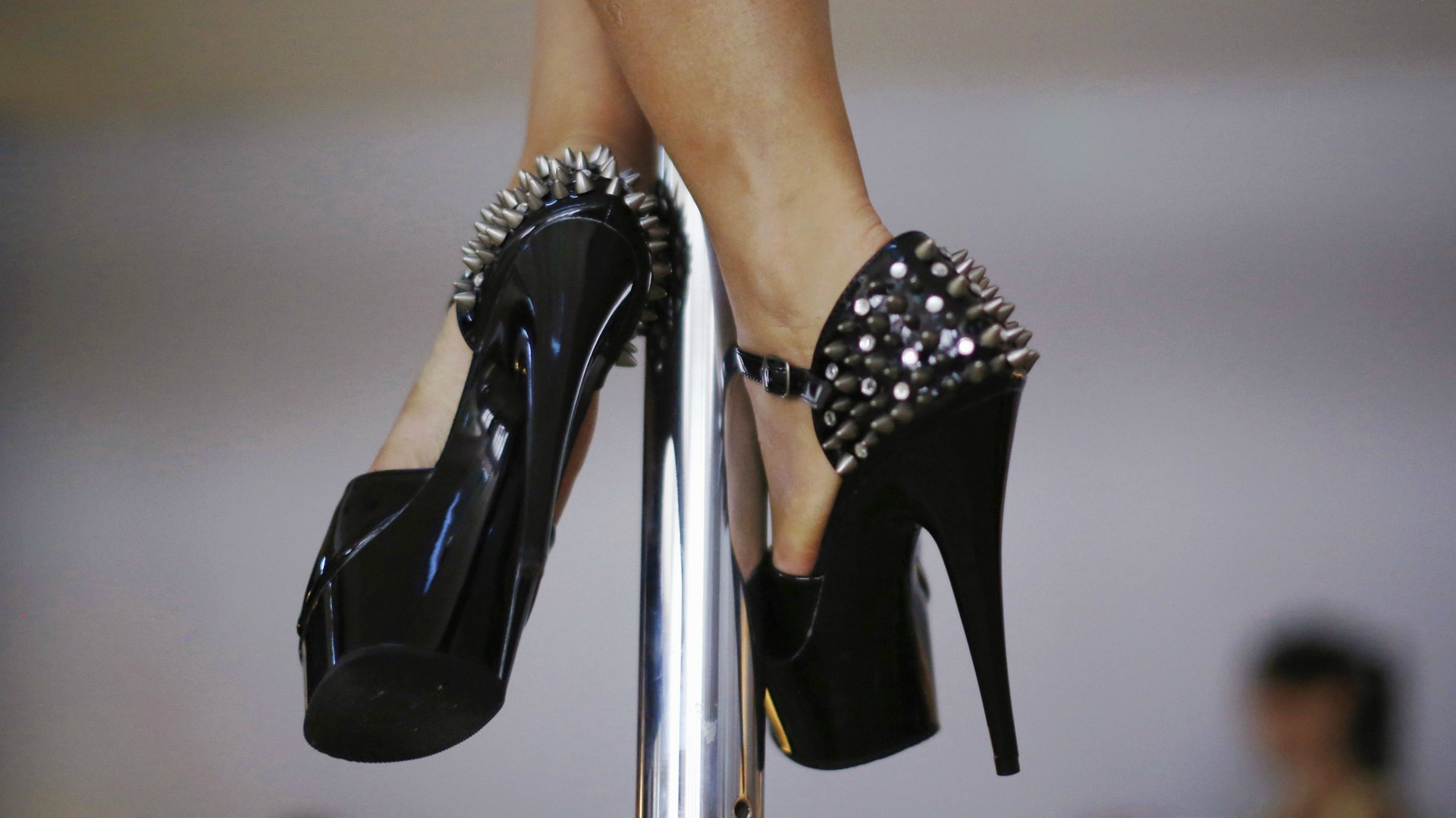The hottest funeral of the year featured 50 pole dancers and giant puppets
On Jan. 3, 50 scantily clad pole dancers gyrated atop a colorful convoy of jeeps with poles affixed to their roofs while loud pop music blared through the streets of the Chiayi county in Taiwan.


On Jan. 3, 50 scantily clad pole dancers gyrated atop a colorful convoy of jeeps with poles affixed to their roofs while loud pop music blared through the streets of the Chiayi county in Taiwan.
But this was no festival march or celebratory parade: This was the funeral procession for a popular, publicly elected Taiwanese official.
After county councillor Tung Hsiang died in December 2016, the 76-year-old politician’s son told CNN affiliate SET TV that his father appeared in a dream and told him he wanted his memorial to be “hilarious.” And his son did not dissapoint in his preparations.
He hired dancers from the thriving Taiwanese Electric Flower Car industry, which provide “mobile stages that carry performers who sing, dance, bump, and grind as they accompany the dead during the last rites and in procession to the graveyard.” The festive funeral also saw ”a drumming troupe, a marching band, performers dressed as deities and giant puppets,” according to the BBC.
Such funeral celebrations may startle Westerners or color others as distasteful, but in parts of Taiwan and rural China, calling on exotic dancers during mourning periods is common practice; some villagers believe that “the more people who attend the funeral, the more the dead person is honored.” The showgirls are meant to drum up crowds while giving the deceased “one last hurrah.”
A 2011 documentary by anthropologist Marc L. Moskowitz, Dancing for the Dead: Funeral Strippers in Taiwan shed light on this practice. “The stripping performances started out as something that gangsters did, but generally spread out to become common practice throughout Taiwan,” Moskowitz wrote in a post on the China Policy Institute. “They are primarily associated with the working class or poorer communities.” Despite laws against full nudity being passed in the 1980s, the documentarian noted that “almost everyone” he had spoken to for his film had said they had seen “full stripping.”
Taiwan’s ”funeral strippers” phenomenon draws from an older practice of hiring professional female mourners who are paid to cry at funerals. Given a choice between the old and the new, livening up a tragic event like death at the very least sounds more fun than lamenting it.